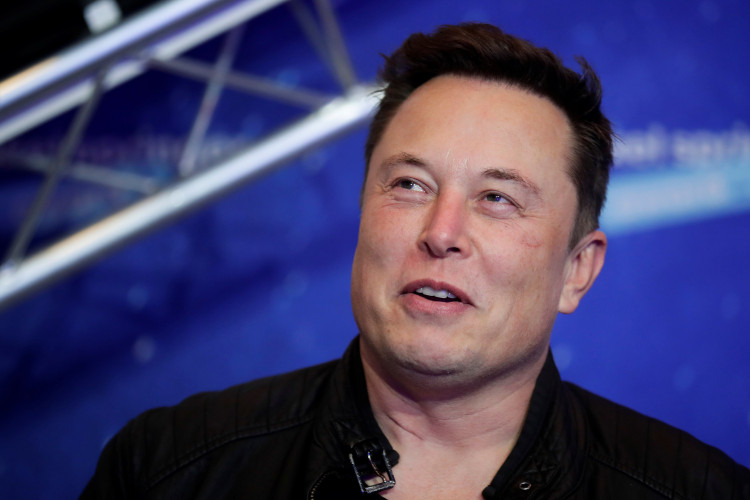In a race that's heating up faster than anticipated, several of America's wealthiest individuals are pouring vast sums into political action committees (PACs) supporting Donald Trump's bid for the White House. Led by Elon Musk and Miriam Adelson, these billionaires have funneled more than $220 million into pro-Trump groups during the third quarter alone, according to newly filed documents with the Federal Election Commission. The staggering donations highlight the financial muscle behind Trump's campaign, as he gears up for a high-stakes battle against Vice President Kamala Harris.
Elon Musk, the world's richest man, has emerged as a central figure in this financial effort. Through his PAC, America PAC, Musk has donated close to $75 million over the past three months. The group, which Musk formed earlier this year, has focused on mobilizing voters in key swing states like Pennsylvania and Arizona. The PAC's filing details show that a significant portion of its spending-nearly $57 million-has gone toward canvassing and field operations. This approach marks a shift in campaign strategy, as outsourcing such critical components of a presidential bid remains largely untested.
Musk's involvement in Trump's campaign comes as no surprise to political insiders, given his vocal support for Trump's policies and criticisms of the current administration. Despite his claims that America PAC is not meant to be hyper-partisan, Musk has used his influence, particularly through his social media platform X, to bolster Trump's image while frequently criticizing Democratic leaders. In addition to financing the campaign, Musk has taken a proactive role, planning a series of public events and door-to-door campaigning in Pennsylvania as he ramps up his efforts.
Meanwhile, Miriam Adelson, a longtime supporter of Trump, has continued her robust financial backing. The casino mogul's $95 million donation to Preserve America, another major pro-Trump super PAC, accounted for nearly all the group's contributions during the third quarter. This comes as no surprise, as the Adelson family has been a major financial force behind Republican campaigns for over a decade. Preserve America has already spent nearly its entire third-quarter fundraising, channeling funds into television ads targeting battleground states like Michigan and Wisconsin.
Richard Uihlein, another conservative megadonor, has also joined the ranks, contributing approximately $49 million to Restoration PAC during the third quarter. Uihlein's total contributions to the group this year now stand at nearly $59 million, underscoring his commitment to Trump's reelection efforts. Restoration PAC has been aggressively spending millions in key states, including Pennsylvania, Wisconsin, and Georgia, as it aims to sway voters ahead of the election.
While Republican megadonors have pulled out all stops to bolster Trump's campaign, Vice President Kamala Harris has seen her own significant support from the Democratic donor base. Harris has raised $1 billion since being named the party's nominee, a record for any presidential candidate in such a short timeframe. Her high-dollar fundraising committee, FF PAC, amassed $633 million in the third quarter alone, far surpassing the amount raised by Trump's equivalent group. Despite these impressive figures, Harris's campaign is still urging supporters to dig deeper, emphasizing the need to secure undecided voters in crucial swing states.
Even as the presidential race garners the bulk of attention, congressional candidates are also seeing a surge in billionaire funding. Democrats, in particular, have taken advantage of this influx, with individual incumbents and candidates widening their financial lead over Republican challengers in both Senate and House races. Senate Majority PAC, a key Democratic super PAC, raised over $119 million during the third quarter, edging out its Republican counterpart, the Senate Leadership Fund, which reported $116 million.
Notably, high-profile Democratic donors such as Illinois Governor JB Pritzker and former Google CEO Eric Schmidt contributed millions to these efforts, signaling a fierce battle for congressional control. On the Republican side, top donors like Citadel CEO Ken Griffin and Blackstone Group CEO Stephen Schwarzman have opened their wallets, contributing tens of millions to support GOP candidates. However, even with these efforts, Senate Democrats are pulling ahead in key states, as they look to hold onto their slim majority.
The fierce competition between the parties extends beyond Senate races. In the House, Democrats are leveraging their fundraising edge to strengthen their position in critical districts. Democratic candidates in 32 competitive districts raised significantly more than their Republican counterparts, providing them with a crucial advantage heading into the final stretch before Election Day.






